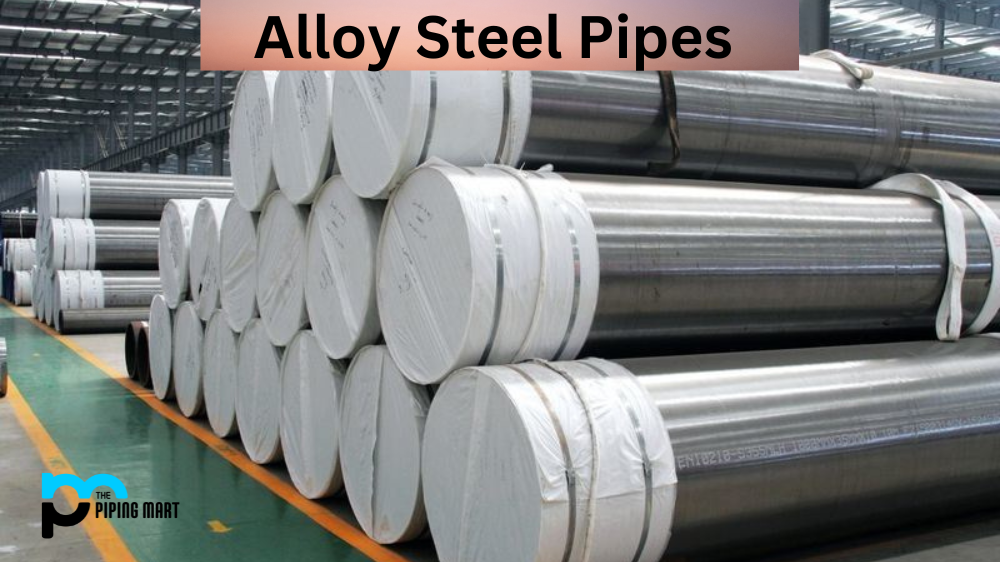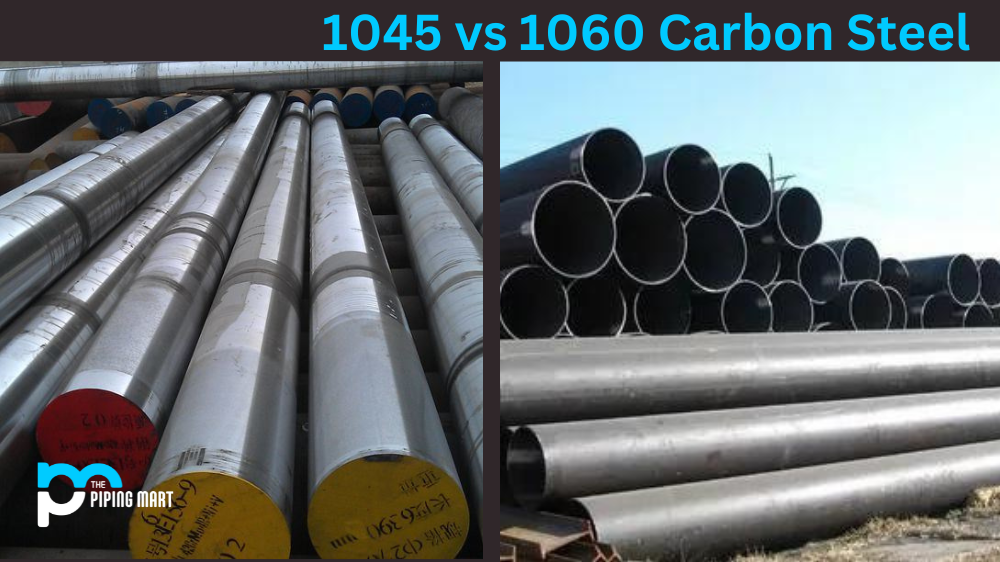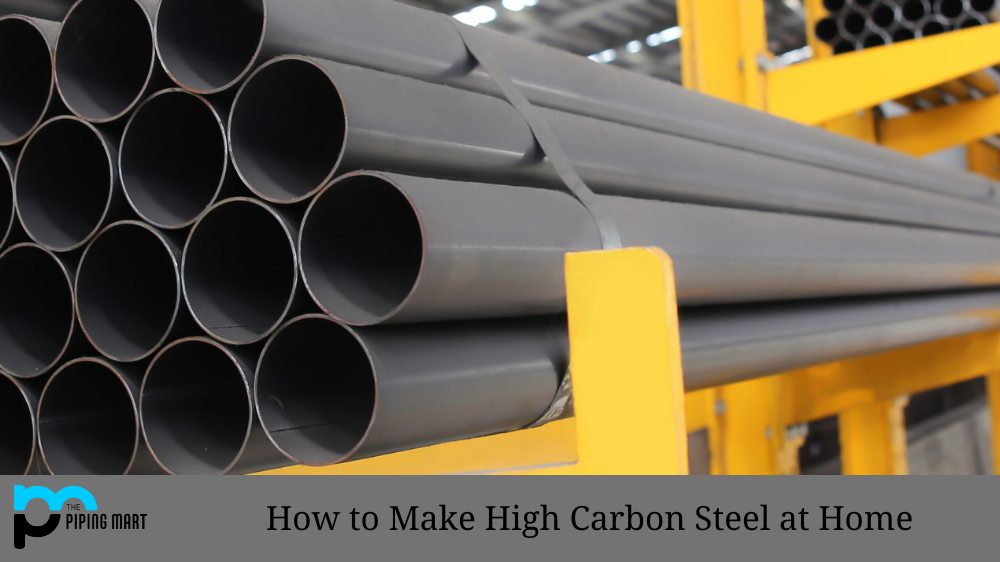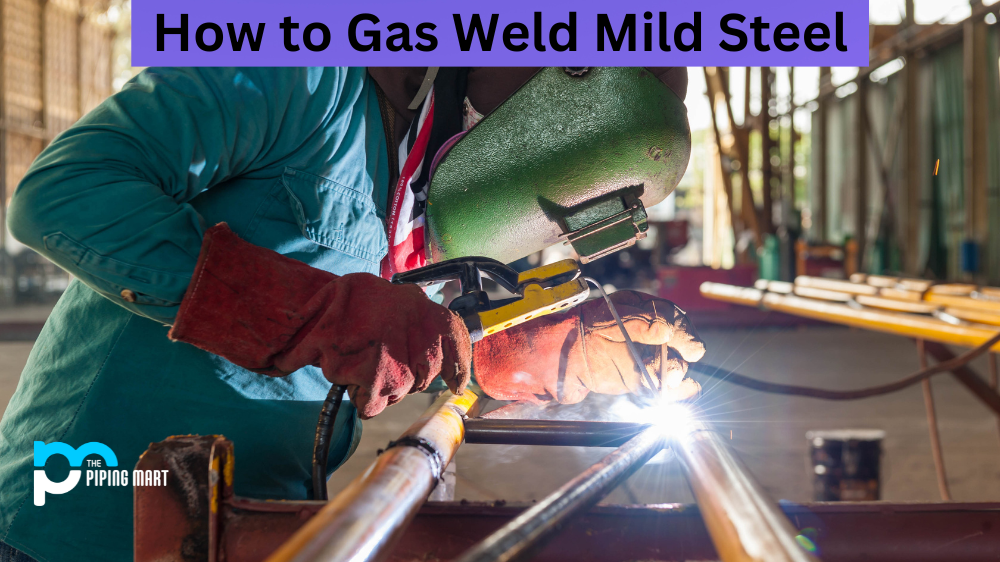Alloy steel pipes are essential in a range of industrial settings, due to their durability, strength, and corrosion resistance. But what exactly is an alloy steel pipe? What does it contain, and what specifications should you look for when purchasing it? In this blog post, we’ll explore the chemical composition of alloy steel pipes and offer some tips on finding the right one for your needs.
Alloy steel pipe chemical composition
Alloy steel pipes are made from a combination of iron, carbon, and other elements. The most common elements added to alloy steel pipes include chromium, nickel, molybdenum, silicon, manganese, copper, vanadium and tungsten. These elements work together to create a stronger material that is more resistant to corrosion than regular carbon steel pipes. It’s important to note that the exact chemical composition of each alloy steel pipe can vary depending on the manufacturer.
Alloy steel pipe specifications
When shopping for an alloy steel pipe it’s important to look out for certain specifications. These include wall thickness (measured in millimeters), length (measured in meters), grade (e.g., AISI 4140), OD size (measured in inches) , inner diameter (also measured in inches) , tensile strength (measured in PSI), yield strength (also measured in PSI), hardness levels such as Rockwell C or Brinell hardness number etc., surface finish (black/galvanized/brushed/chrome-plated etc.), end treatment (plain ends/beveled ends/ threaded ends etc.)and any additional features you may require such as anti-corrosive coating etc.
Understanding these specifications will help you identify the best alloy steel pipe for your needs.
Conclusion
Alloy steel pipes are essential components of many industrial processes due to their superior strength and durability compared with regular carbon steel pipes. To ensure you choose the right pipe for your needs it’s important to understand both its chemical composition and its various specifications. By taking all these factors into consideration you can be confident that your new alloy steel pipe will be up to the task at hand!

Meet Bhavesh, a seasoned blogger with a wealth of knowledge and experience. From metal products manufacturing to retail, Bhavesh has a diverse background in various industries and is dedicated to sharing his insights and expertise with readers.




